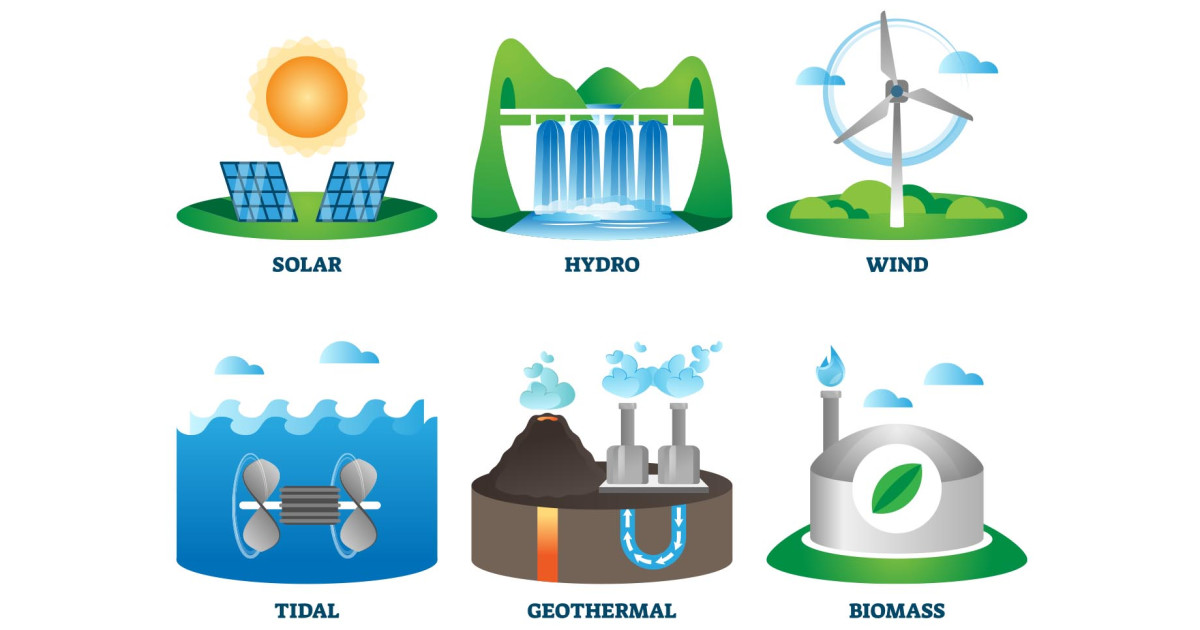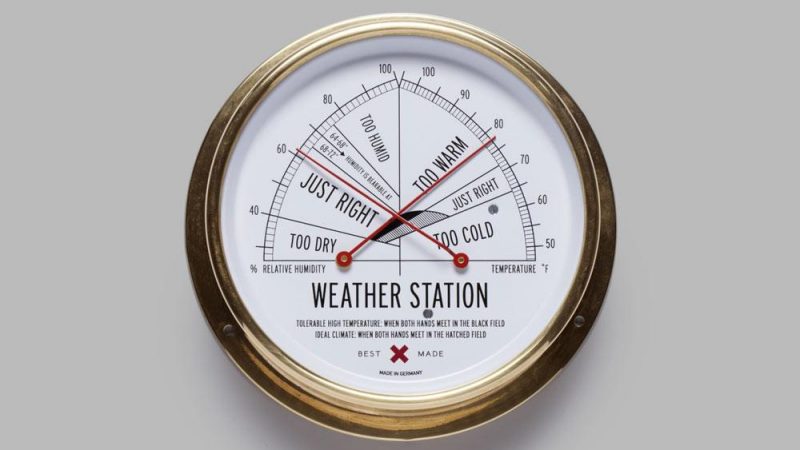6 Types of Renewable Energy Sources for Eco-Friendly Aviation and Boating
Launched in 2022, Eco-Friendly Aviation and Boating News is the first online news media website about a new era of Eco-Friendly Aviation and Boating. The company is founded by Clara Phataraprasit and based in Thailand, Southeast Asia. We give full support to 100% environmentally friendly, sustainable and zero emission production for the environmental impact. It includes work from 7 continents – Asia, Africa, North America, South America, Antarctica, Europe and Australia.
The Most Popular Renewable Energy Sources for Aviation and Boating
- Biomass Energy
- Geothermal Energy
- Hydro Energy
- Solar Energy
- Tidal Energy
- Wind Energy
Advantages for Aviation
Biomass energy
The benefits of biomass energy for aviation is reduction in carbon emission using biofuels as compared to fossil fuels. Commercial planes use kerosene-based fuel. However algae, rotting fruit, vegetable oil and even used diapers can be used to generate jet fuel. Biofuels have the potential to reduce carbon emissions from aero-planes by up to 60%, allowing them to pollute as little as buses and railways. Biomass energy is also cheaper than fossil fuels resulting in more cost effective benefits for aviation.
Geothermal energy
The benefits of geothermal energy for aviation is supplying large-scale heating and cooling loads in terminal building by using geothermal heat pumps. Geothermal heat pumps may necessitate new heating and cooling distribution systems within the terminal building. They are most cost-effective when used in new construction or large renovations. Geothermal energy has the potential to save up to 80% on energy costs when compared to traditional energy sources. It also requires less maintenance than other energy sources.
Hydro energy
The benefits of hydro energy for aviation is supply of a large amount of energy for the terminal use in a cost effective manner. It has low emissions and more reliability. It has flexibility to meet the needs of the aviation sector. However, it requires huge capital costs of land, concrete, electricity turbines, and modern control systems.
Solar energy
The benefits of solar energy for aviation is it’s low profile and ability to blend in with existing development, it is ideal for airports. Its low profile prevents it from becoming a physical stumbling block and a safety hazard, which may be a problem when other renewable technologies, such as wind power, are located near airports. Solar can also be attached to current or prospective structures, with the building structure (rather than the solar project) determining whether or not airspace blockage is present.
Tidal energy
The benefits of tidal energy for aviation is supply of emission free energy/power for the terminal building especially located near the coastal areas. Because of the density of water, it is more efficient than wind energy and more efficient than solar energy due to its high 80% conversion efficiency. Tides are also more predictable than wind and solar energy, making it more dependable. It produces no environmental emission and has low maintenance costs as compared to the other energy sources.
Wind energy
The benefits of wind energy for aviation is to generate a considerable amount of electricity, and to ensure that aviation continues to operate effectively and safely in an area where wind farms are ubiquitous. It has low running and maintenance cost as compared to other resources. Wind energy reduces the price uncertainty that fuel costs add to traditional energy sources. It has no environmental emissions, which make a clean energy source for the aviation sector.
Advantages for boating
Biomass energy
The benefits of biomass energy for boating is reductions in greenhouse gas emissions by utilizing a renewable wood biomass fuel source in place of the more conventional fossil fuels. Everyone recognizes that the future of yachting is “electric,” particularly hybrid technology that combines batteries and hydrogen, in whatever form it is stored. Biomass energy is a way to reduce costs and help make long passages possible on small amounts of diesel fuel. Biomass energy switching a race committee boat to biodiesel or sailing around the world without a drop of diesel.
Geothermal energy
The benefits of geothermal energy for boating is more environmentally friendly and carbon footprint of a geothermal energy is lower than conventional energy. The earth’s hot reservoirs are naturally replenished, making it both a renewable and sustainable solution for yachting. Geothermal energy can be extremely beneficial as compared to traditional energy usage. It also requires less maintenance than traditional energy sources. It can be used to manage the load of heat and cool the system of the yacht.
Hydro energy
The benefits of hydro energy for boating is an optimal output associated with a negligible drag, letting the boat sail with a positive energy. It has an energy self-sufficiency solution on board cruise or race boats, in the respect of the environment. Many boats use hydro-generators to charge their batteries. Much like an upside-down wind generator, they have become popular in recent years as their increasing efficiency and reduced drag means they barely affect a boat’s speed.
Solar energy
The benefits of solar energy for boating is that it reduces carbon emissions, diesel costs and drastically reduces noise levels. The cost of maintaining and running a boat could be drastically reduced and the boat could become self-sustainable, eliminating the cost of fuel altogether. Many boats are equipped with solar panels to charge their batteries. The load on the battery bank will be reduced, which is easier and less costly than generating more power. Carbon dioxide emissions will be reduced as well and there will be significant noise reduction. It has low maintenance cost as compared to other sources as well.
Tidal energy
The benefits of tidal energy for boating is to continuously recharge boat batteries or supply electric load and is able to generate a surplus of clean, free energy for recharging batteries. It improves the stability of the boat. This can be used to simultaneously power an electricity generator and stabilize the boat, improving onboard comfort. Extracting energy from flow of water rather than directly from air has advantages, as the power density is much higher. The water flow through the underwater generator has a power density of 36 kilowatts per square meter – far more than the 1.2 kilowatts per square meter typical of air blowing through a rotating wind turbine. The more concentrated energy means that the equipment needed to harvest it can be smaller.
Wind energy
The benefits of wind energy for boating is to protect the ocean from air and water pollution. Strategically developing our offshore wind power resources will replace the region’s dominant reliance on dirty sources of energy with one that is local, non-polluting, and inexhaustible. It will help protect wildlife and future generations from the dangerous impacts of climate change and ocean acidification. It is also cheaper than other resources.






